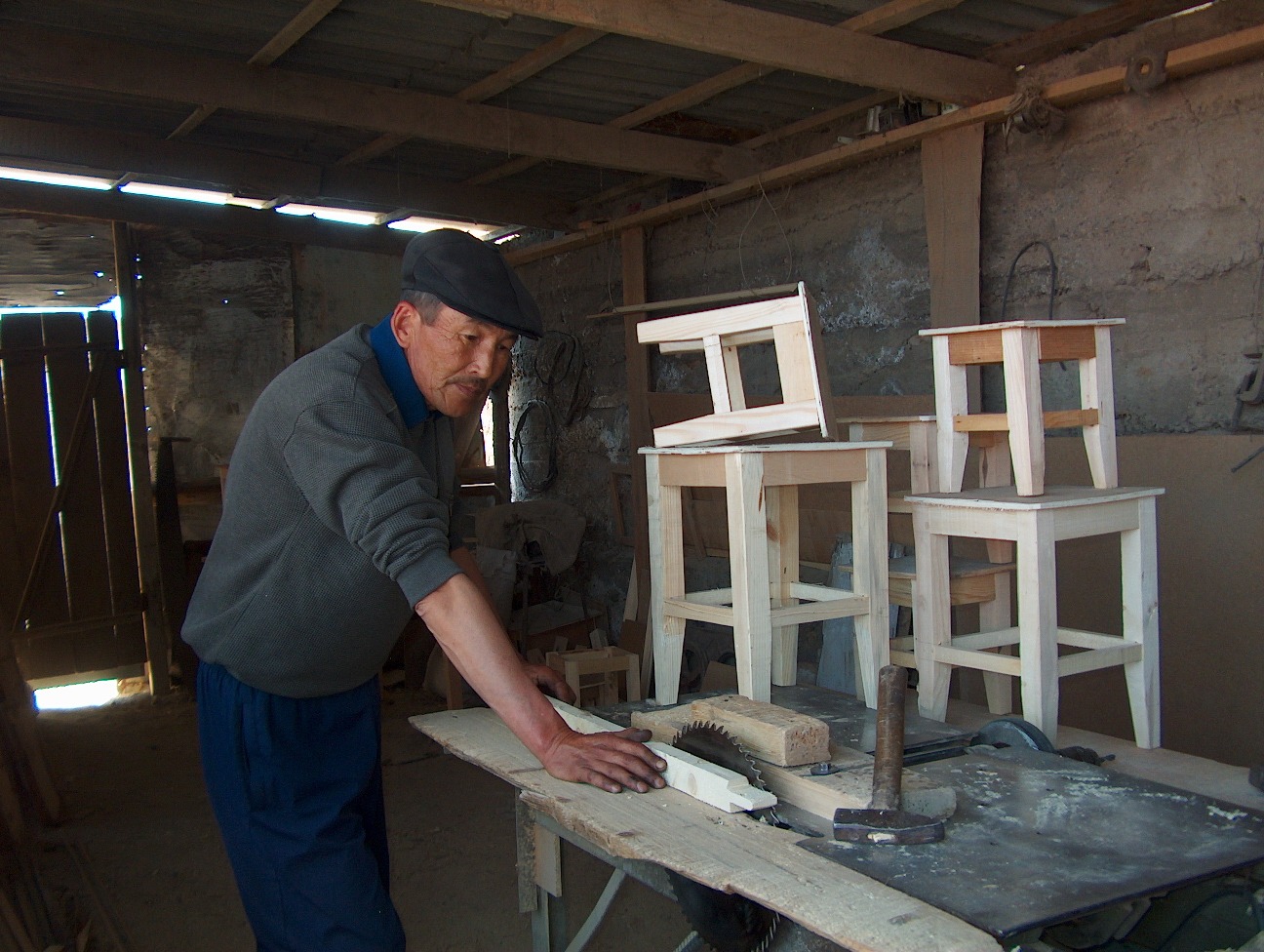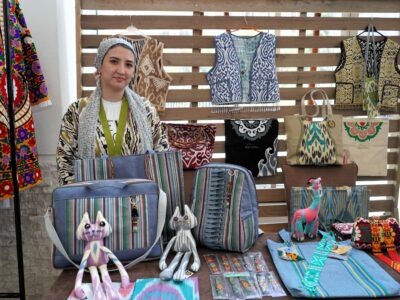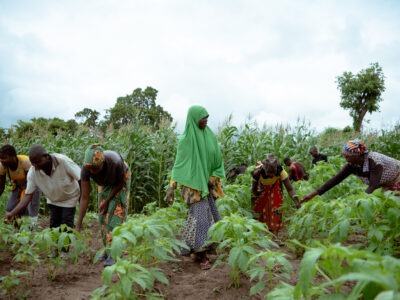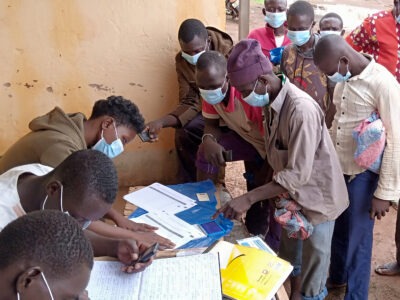
In the Kyrgyz Republic, as in many emerging or developing countries, large firms attract investors with deep pockets, while smaller firms benefit from the many microfinance institutions that cater to them. What remains is a missing middle, made up of small- and medium-sized enterprises (SMEs), which often lack the capital to improve and expand their operations. Investment funds focused on this segment have only recently entered the market in the Kyrgyz Republic, meaning the financing gap remains enormous.
To contribute to filling this gap, a new investment management company called AV Frontiers was born. The company, based in the Kyrgyz Republic, came about as a joint venture between Frontiers, a Kyrgyz financial institution that launched with the support of USAID and ACDI/VOCA 15 years ago, and AV Ventures, an ACDI/VOCA subsidiary that specializes in impact investing and blended finance.
AV Ventures, based in Washington, D.C., currently manages a $4 million investment fund in Ghana, which was launched as part of an innovative United States Department of Agriculture and Overseas Private Investment Corporation collaboration that sought to capitalize on the synergies between technical assistance and the use of catalytic capital.
The newly created AV Frontiers will identify SMEs with high growth potential in Kyrgyzstan and throughout Central Asia. They will then provide qualified applicants with an integrated package of patient capital, offering long, flexible terms that share risk and enhance growth, and technical assistance. With seed funding from Kazakhstani impact investors KMF-Demeu, AV Frontiers plans to expand in subsequent phases by attracting additional investors with a shared interest in companies capable of measurable, beneficial social or environmental impact.
AV Frontiers Partners with USAID Enterprise Competitiveness Project
To help identify promising enterprises, AV Frontiers is partnering with the USAID Enterprise Competitiveness Project, a five-year project implemented by ACDI/VOCA aimed at unlocking economic opportunities, especially for women and youth, in the Kyrgyz Republic.
The project brings technical assistance to the table, in the form of experts from its partner Cross Boundary. These experts will help AV Frontiers identify the top SMEs and attract new investors to help scale up. The project and its other partners, including Village Capital, will strengthen the capacity of potential investee companies, focusing on business plans, financial management, and other areas required for growth. This synergy with capacity building is key to realizing the vision of sustainably supporting those smaller, less-known enterprises that are currently not on investors’ radar.
Whether they receive financing of $100,000 or $500,000, the SMEs can apply the funds to purchase equipment, machinery, and other needs to grow their businesses. They will also have the added benefit of receiving patient, or longer-term, capital. Unlike working capital — the typical product offered by commercial banks — patient capital does not require immediate repayment. That means enterprises can get a head start on expansion, without the burden of repayment during the first year or so of the loan.
AV Frontiers is currently managing $2 million in private sector capital, offering an auspicious start to creating more jobs and increasing sales from the enterprises and their business sectors. The USAID Enterprise Competitiveness Project has prioritized sectors found to have the highest potential for growth, job creation, and the inclusion of women and youth. This includes agriculture, manufacturing, tourism, and technology. These will be some of the sectors of focus for AV Frontiers, too.
Globally, SMEs face a nearly $2 trillion financing gap. Partnerships like this one strive to close that gap. By collaborating with AV Frontiers, the project will make further progress toward its goals of creating 19,000 new jobs and leveraging $60 million in private capital investment over five years.
Read more about the USAID Enterprise Competitiveness Project.








